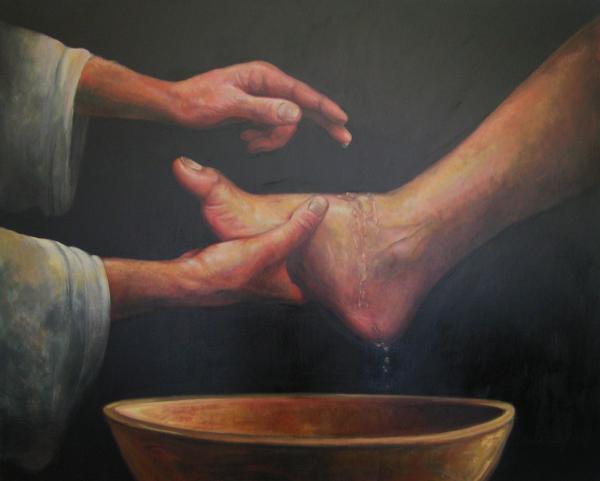I was in a church networking meeting today, and we were
discussing a ministry for young homeless women getting temporary shelter, and
their struggle to find enough finances to begin their necessary work. I was listening to pastor after pastor talk
about how there just isn’t enough time to focus on a ministry like this, and
finally I spoke my heart:
“As a group, we don’t seem to have many resources. We don’t have a megachurch in our midst that
can float a ministry like this on their own.
But the budget isn’t excessive, and all that would be required is for
each of the churches who have some financial stability to welcome the director
and let her speak to her need for five minutes.
You don’t have to be a partner, but ownership in a ministry like this
requires more than being a cheerleader.”
A pastor mentioned that many ministries are asking for help.
The network leader prayed at the end, “May we not use our
passion to force other passions out.”
Other passions? Like
perhaps the passion of having prayer groups?
Or the passion of having group praise?
Or the passion of giving our pastor a upper middle class lifestyle? Praise is essential, as is prayer. Our pastors deserve to know that they are
respected and that their needs are met.
When Jesus came to earth, his ministry was focused on two
things: preaching the gospel and saving lives.
His teaching was essential, but the rest of his time was spent feeding
the hungry, healing the sick, delivering the mentally ill, and allowing people
to practically feel God’s welcome and forgiveness.
For the most part, our church finances are spend
re-arranging the deck chairs on the Titanic.
We may hear the people screaming, drowning, but we don’t consider that
our business. We need to spend our time
and money on better worship. We need to set
up an event and activities to draw in the youth. We need bigger, nicer facilities to draw more
people in. We need to get more involved in politics to set our nation on the right course. We need more time to do
denominational activities, to calm down the family who wasn’t listened to in
the last board meeting.
Rearranging chairs on the Titanic.
We need to stop thinking that the place to be is on the
deck, arranging worship as we all sink.
If we aren’t in the lifeboat, then we need to stop thinking that we are
in ministry at all. If we aren’t saving
people from drowning, then why did God put us on the Titanic at all?
And when I am saying “saving” I am not meaning this as a symbol
of convincing people of our tired doctrine.
I mean saving lives. Delivering
people from death.
- Branice is a nineteen year old who had been on the street throughout her high school years. Just before her eighteenth birthday, she got pregnant by a homeless man whom she had loved for years. Branice was still using meth and marijuana well into her pregnancy, given to her by her boyfriend, well into her pregnancy. Finally, winter came and as a church we decided that something desperate needed to be done. I obtained some temporary housing for her, and I sat down and talked with her about her future. That she would probably lose her baby at the moment of birth unless she makes some serious changes. A couple agreed to house her through the winter until the baby came, and she agreed to contact agencies until she had a plan for her life with her baby. The couple also agreed to adopt the baby if the state refused to let her keep the baby, an open adoption so that she could visit her child.
Today, the baby is healthy and adorable, living with her
mom, Branice who is nine months clean and sober, through treatment, going to
groups, and looking for work. Her
boyfriend moved on, and she demands that if he sees his baby at all, it is only
when he is sober. She has been
transformed. It didn’t take much. Just
some encouragement, and some housing, and some money.
- Tom was living on the street with his blood pressure so high that the doctors wondered how he was still alive. The church offered housing and work so he could live in peace. He praises the Lord every day for his new life.
- Mark was a drug user and dealer until a member of the church allowed him to sleep in their backyard and he finally got himself straight and now leads the landscaping crew at the church.
The church should be a lifeboat. It should save lives. If all we are is a show, we should shut down.
What does this have to do with passion?
If our passion is about the show, about keeping rules, about
new songs, about camps and retreats, let’s just pack it in. We are not a ministry. If we are not rescuing the dying, if we are
not saving lives—literally saving lives—then we aren’t fulfilling the ministry
of Jesus. Letting people die around us,
as they call us begging us for help, that is not of Christ.
Our passions should be prioritized. Saving lives comes first.
“Rescue those being led away to death;
Hold back those who stagger to slaughter;
If we say, ‘We didn’t know!’
Does not He know it who weighs the hearts?”
Proverbs 24:11-12














